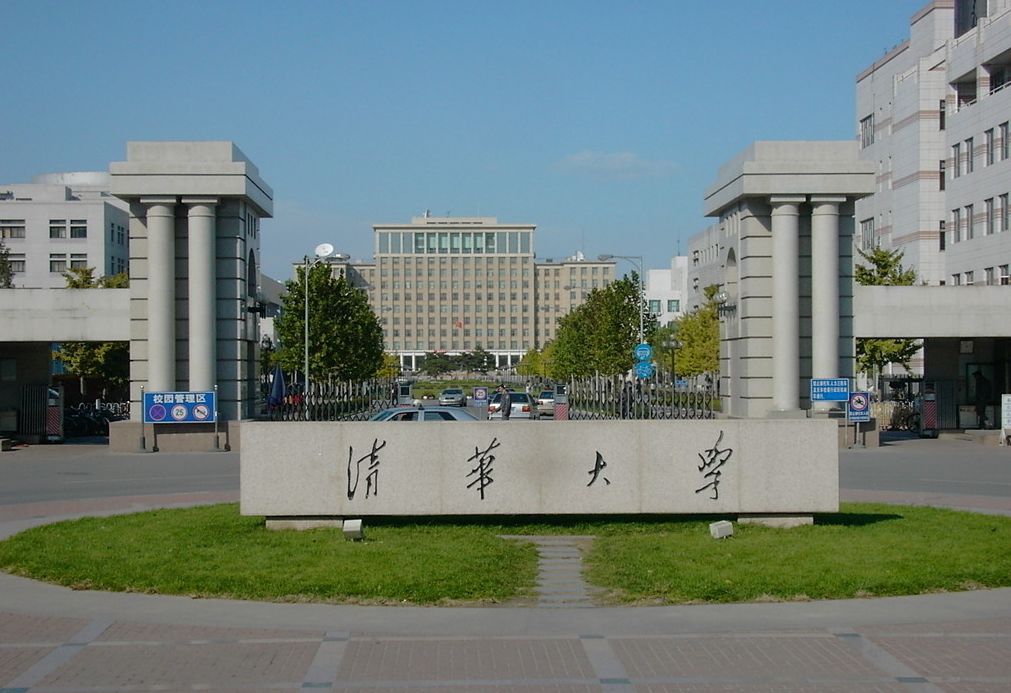Failing Grade?: Beijing Loses Appeal Amongst Tsinghua Grads
Beijing's universities may be gaining world renown, but our city is having trouble retaining the talent that those campuses attract. At least that’s conclusion drawn in an article titled "Beijing No Longer Tsinghua Graduates' Favorite City.”
The article says retention rates of esteemed Tsinghua University grads have slumped to 50 percent in Beijing for the past three years. Compare this to a decade ago, when 80 percent of those alumni opted to stay in Beijing.
The story highlights the skyrocketing population and cost of living levels that are deterring graduates from remaining in the Capital.
The Beijing Morning Post interview Wang Yan, a PhD student at Tsinghua's architecture college, who has decided to accept a job in Sichuan province's urban planning sector. She added: "Neither my husband nor I am from Sichuan. But we chose the province because I am more suitable for a job on the grassroots level and there are more development opportunities there.”
Other Tsinghua departments are doing their part to make Beijing more accommodating. This is especially true for Peng Kaiping, dean of psychology, who according to Women of China, has implemented a “happiness program” and positive psychology practices that have lead the department to kickstart a fund to "promote happiness education in China.” The department also plans to open a laboratory equipped with wearable devices and a virtual experience room, in order for students to study and gain a better understanding of happiness and psychology.
But off campus, Beijing is lagging behind Tsinghua’s innovative steps. When Peng conducted a survey about for his recent “China happiness map,” he found that Hangzhou, Chuzhou, Yuxi, Yingtan, and Yangzhou yielded the highest number of joyful participants. Beijing and Shanghai, meanwhile, didn’t even reach the top 50.
Regardless of joy or sorrow, many more students will likely find themselves beginning their careers elsewhere, as Beijing’s municipal government continues measures to cap the population at 23 million – from its current 21.5 million – by the year 2020.
Photo: easyuni.com


